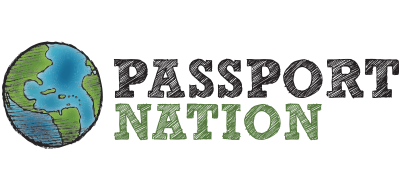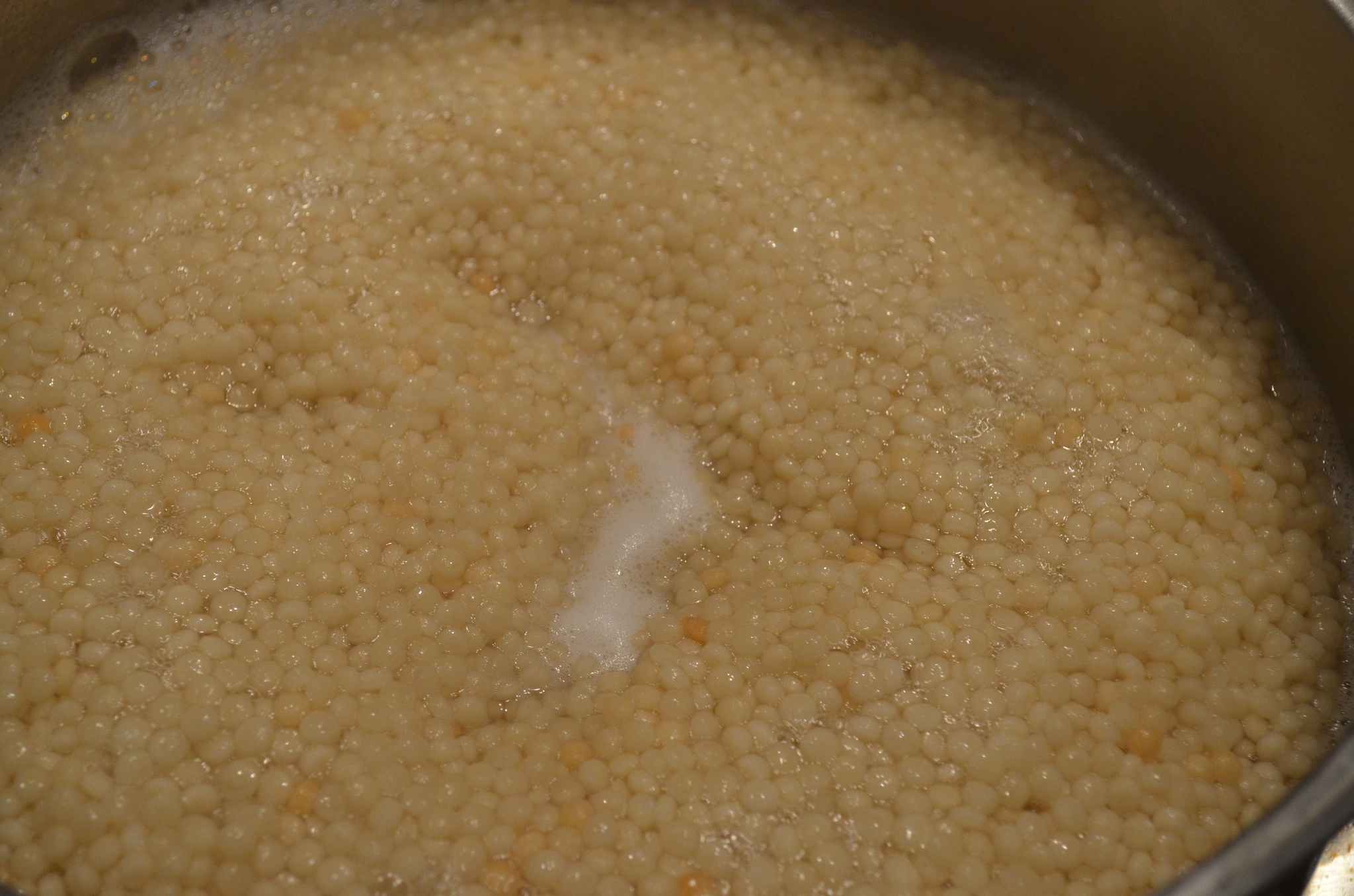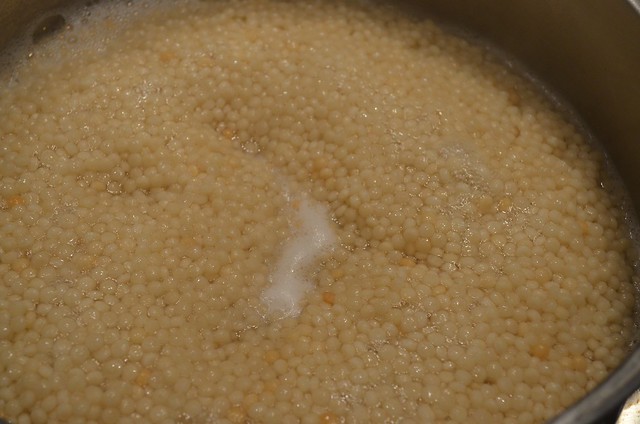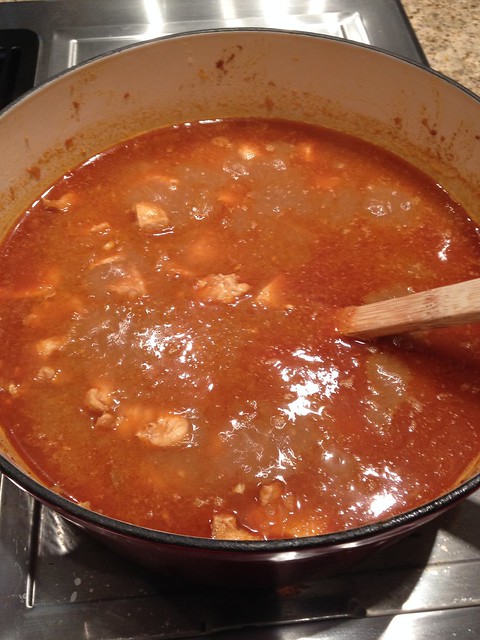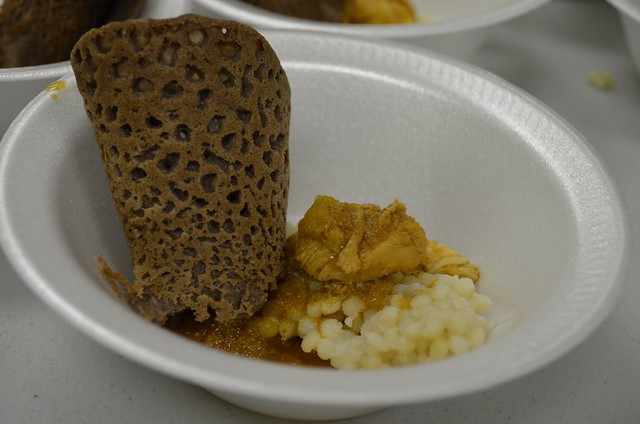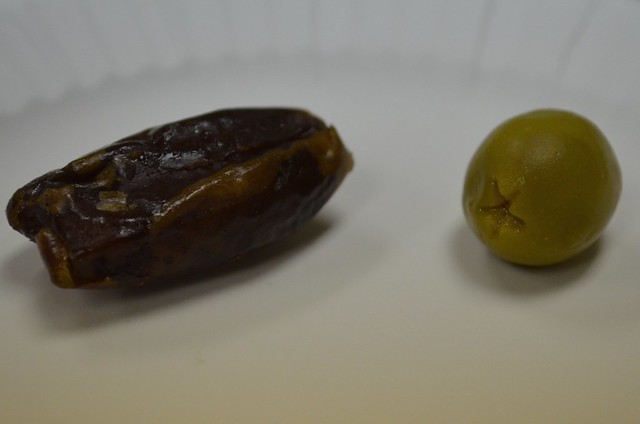![]()
There is nothing that God provides for us that is more valuable than His son, but He has also provided us with many things on this earth that sustain our lives. One of the ways God provides for our daily needs is by supplying food for us to eat, so let’s sample some food from various parts of Northern Africa.
Let’s pretend we’re on a mission trip in Africa. Imagine you are eating at the home of one of the local family’s houses. It is ok if you don’t like the food, but out of respect for the family that is sharing with you, let’s be gracious about our responses to the food. The food is going to taste unusual because it is not something you are used to eating. But that’s ok. Different doesn’t mean bad. Different can be good. Different is just……… different!
Let’s talk about some of these items of food from Northern Africa! You might like to sample them too???
The countries of Northern Africa are predominantly Muslim and as a result, their diet reflects Islamic rituals and customs. Because Muslims are not allowed to eat pork or any other meat that is not properly slaughtered (together with economic restraints), most North African dishes will incorporate vegetables, fruits, nuts, beans and grains. Note, however, that meat is occasionally eaten and fish is consumed more frequently in coastal regions.
North African Food Menu:
Couscous
Couscous is the most celebrated component of North African food preparation. It is used in much the same way as rice is in many other cultures around the world. Couscous is typically made from a type of wheat and is customarily served under meat or vegetable stew, though it can be eaten alone or as a side dish.
If you want to make this at home, you will probably want to purchase the instant variety of couscous to sample as the traditional version will take much more time to cook. Follow the directions on the package to prepare the couscous.
Injera
Injera is a large sourdough flatbread made of Teff flour and is typically served in Ethiopia, Eritrea and Somalia. Injera is placed in the center of the dining table and the side dishes are served directly on top of the bread. Diners break off pieces of Injera and scoop up the meat or stew and use the bread as their utensil. It is also customary for people to feed each other instead of themselves!
To make your own injera, follow these step-by-step instructions for this recipe.
Order the Teff flour needed for this recipe HERE or find it in your local Whole Foods/organic grocery store.
Doro W’et
Doro W’et (pronounced Doh-roh wet) – is a traditional Ethiopian food served with/on Injera. The word “doro” means sauce and the word “w’et” (or wat) means chicken. It’s a great compliment to the Injera bread because the spiciness of the Dora W’et adds a counterbalance to the sour taste of the Injera. Doro W’et is often cooked with 1 cup(!) of a very traditional Ethiopian spice called Berbere (Bear-bear-uh). It is somewhat similar to chili powder.
Step-by-step instructions for Doro W’et are found below:
Try to pick up some couscous and Doro W’et with your Injera. Injera has a very distinct and unusual flavor to someone who is not used to eating it, so we suggest starting with a small piece to sample. Also try to feed your neighbor by picking up some Injera, scooping up some of the Doro W’et, and then serving that bite to them.
Olive
Olive trees are sown for their oil, wood, leaf and fruit (the olive). Olives and olive oil were introduced to Northern Africa in the 1500’s when they were brought across the Mediterranean Sea from Spain. Olives are present in most meals in Northern Africa, especially in the countries that border the Mediterranean Sea and olive oil is frequently used in food preparation of North African cuisine.
Try sampling an olive.
Date
The date, which is said to have its origin in Northern Africa, is one of the most-loved refreshments of this region. The date is the fruit of the date palm. Though the date palm is grown in other parts of the world, it still finds its greatest success growing in Northern Africa and the Middle East. There are many ways to eat dates (date bread, date milk shakes, fish stuffed with dates), but the one that remains the favorite of all date eaters is the pure and simple date itself.
Sample a date.
Green Mint Tea
Made popular by Morocco, green mint tea is the preferred drink of most people in Northern Africa. Though drinking it with friends and family is an important part of each day, the technique of pouring the tea is also significant. Moroccans traditionally prefer tea with bubbles, so while pouring, they hold the teapot high above the teacups. Their tea is very sweet and is often served as dessert.
In Morocco, food preparation is traditionally a woman’s role, but the head of the family, the man, prepares the tea. Though it is consumed daily, it is also a sign of hospitality and is served to guests. If you were a guest in someone’s home, refusing to drink the tea would be impolite.
Directions for making tea:
You will need:
- Tea Pot
- Cups
- Green mint tea
- Sugar
Follow directions on the tea box for heating water and steeping tea.
For an authentic experience, experiment with pouring it from a high distance and see if you can get the tea to foam.
If you want to make it Moroccan style, you would add an abundance of sugar; if not, add sugar to taste and serve.
While sampling your tea, think about this…
Out of the ten poorest countries in the world, nine of them are found in Africa!
Furthermore, many of these African countries have experienced civil wars and unstable government systems that don’t always protect or support their people.
Let’s pray together for the people in Africa who do not have food to eat or crops that will grow to provide them with food.
God, for the food that you cause to grow on the earth, we are grateful (Genesis 1:11-13, 26, 29-30). Thank you for creating our bodies to need food for energy and plants and animals for us to use as food. You are a loving God to meet our needs.
For those who do not have food to eat today, please send someone from the body of Christ to their community to teach them how to grow crops or teach them a trade/skill so they can make money to buy food. Please comfort the child or adult who is hungry today. Please send someone to help them and encourage them and give them hope.
